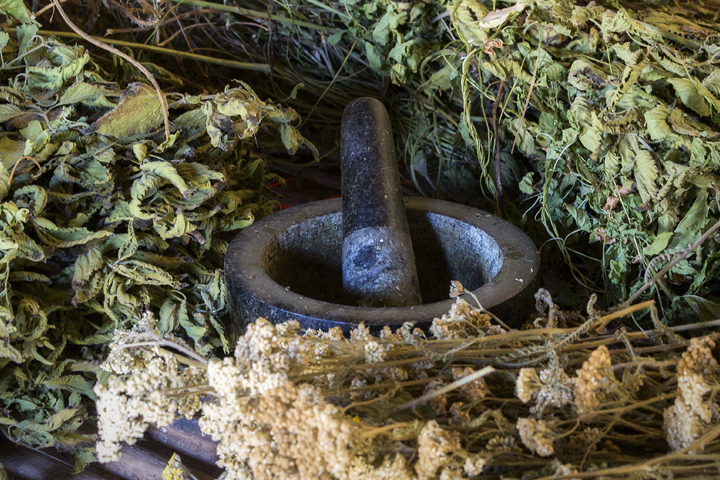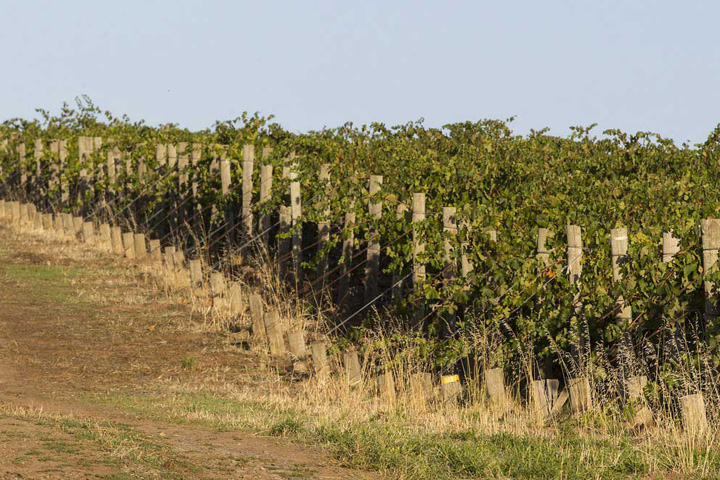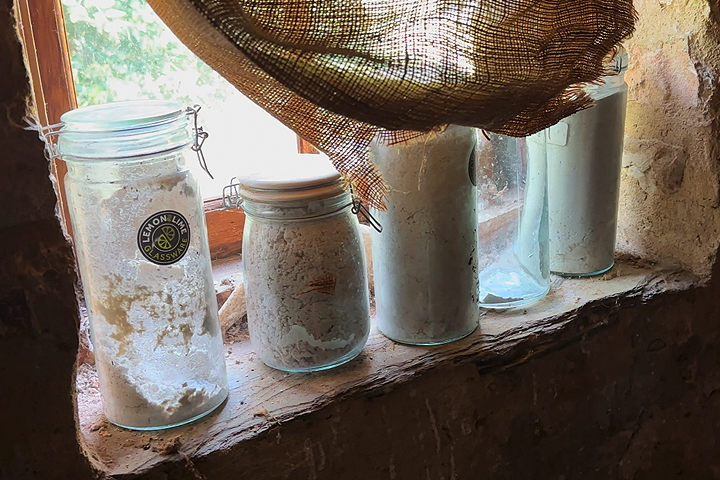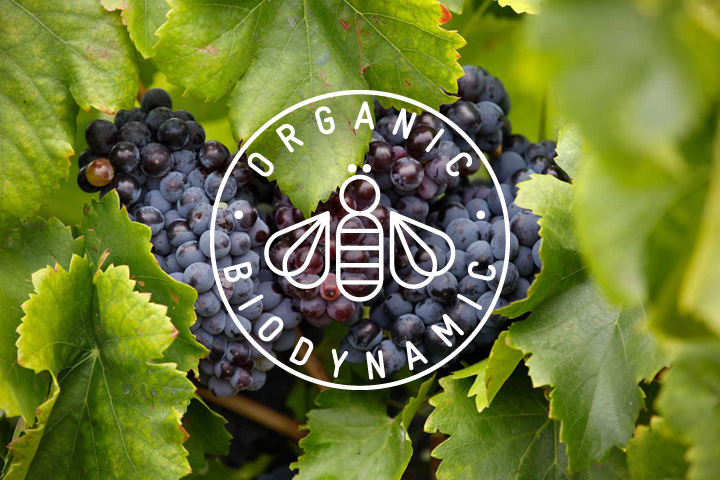
The foundation of biodynamic farming is soil health. This does not simply mean the adjustment of nutrient levels. Our farming aims to maintain a balanced and diverse population of soil biology. Compost applications initiate conditions favourable to soil micro-organisms which are active in making nutrients available to plants in a natural form. Vegetation and composts are broken down to form humus which improves soil structure and better holds water and nutrients. Irrigation inputs are thus reduced.
Synthetic fertilisers and pesticides which damage the soil biology are not used which allows the natural system to operate without interruption. Weeds are controlled by straw mulching or careful machine weeding. Increased soil activity has a flow on effect. The earthworm population increases rapidly and greater volumes of soil are aerated and made available for exploration by plant roots.

The farm is seen as a whole organism rather than a series of problems to be solved individually. It is the intention that Paxton’s vineyards mimic the characteristics of a natural system. In this endeavour we seek to promote diversity and allow natural balance to counter the effects of pests or disease. New vineyards are propagated from our old, existing vines rather than using identical clonal material. This maintains the subtle differences between each vine and produces wines of greater individuality.
Between the vine rows we promote a variety of plant life, each providing different habitat and nutrient profiles. The incorporation of bee hives improves grape pollination and seed production of the mid-row plants.

The main biodynamic composts are produced primarily from cow manure. Manure tainted with treatments makes poor compost, and therefore, to ensure the integrity of our compost, we maintain our own small herd of non-drenched cattle for this purpose.
The necessity to focus on the smallest details is rewarded by great benefits. We now spend far more time digging amongst the weeds. Observing what is happening below the ground gets as much attention as what happens above.
The ultimate result, we hope, is a range of wines that highlight the individuality of the vineyard, vintage and the actions of the people who are the temporary custodians of the land.

Vines do not need bees, but they need plants for a healthier environment; that’s where the bees come into it. Bees are the primary pollinators of plants, which then aid in the natural replenishment of important soil nutrients.
The flowers that need bees then attract more bugs, and hence the healthy ecosystems begins. Keeping this biodiversity in balance eliminates the need for chemicals.
Biodynamics is the most advanced form of organic farming. It uses natural preparations and composts, to bring the soil and the vine into balance, resulting in exceptionally pure and expressive fruit. Healthy vines make better wines. Paxton has been a certified Organic and Biodynamic wine producer since 2011.
By clicking ‘Join’ and subscribing to our newsletter you agree to our Privacy Policy.
OPENING HOURS:
7 days a week, 10am – 5pm
Tastings available daily –
bookings preferred
Phone: (08) 8323 9131
Email: wine@paxtonwines.com
68 Wheaton Road, McLaren Vale
South Australia 5171
PAXTON SOCIAL WINE CLUB
Phone: 0400 863 400
Email: janet@paxtonwines.com
Sorry, it looks like we do not support the browser you are using.
We recommend Firefox or Google Chrome.